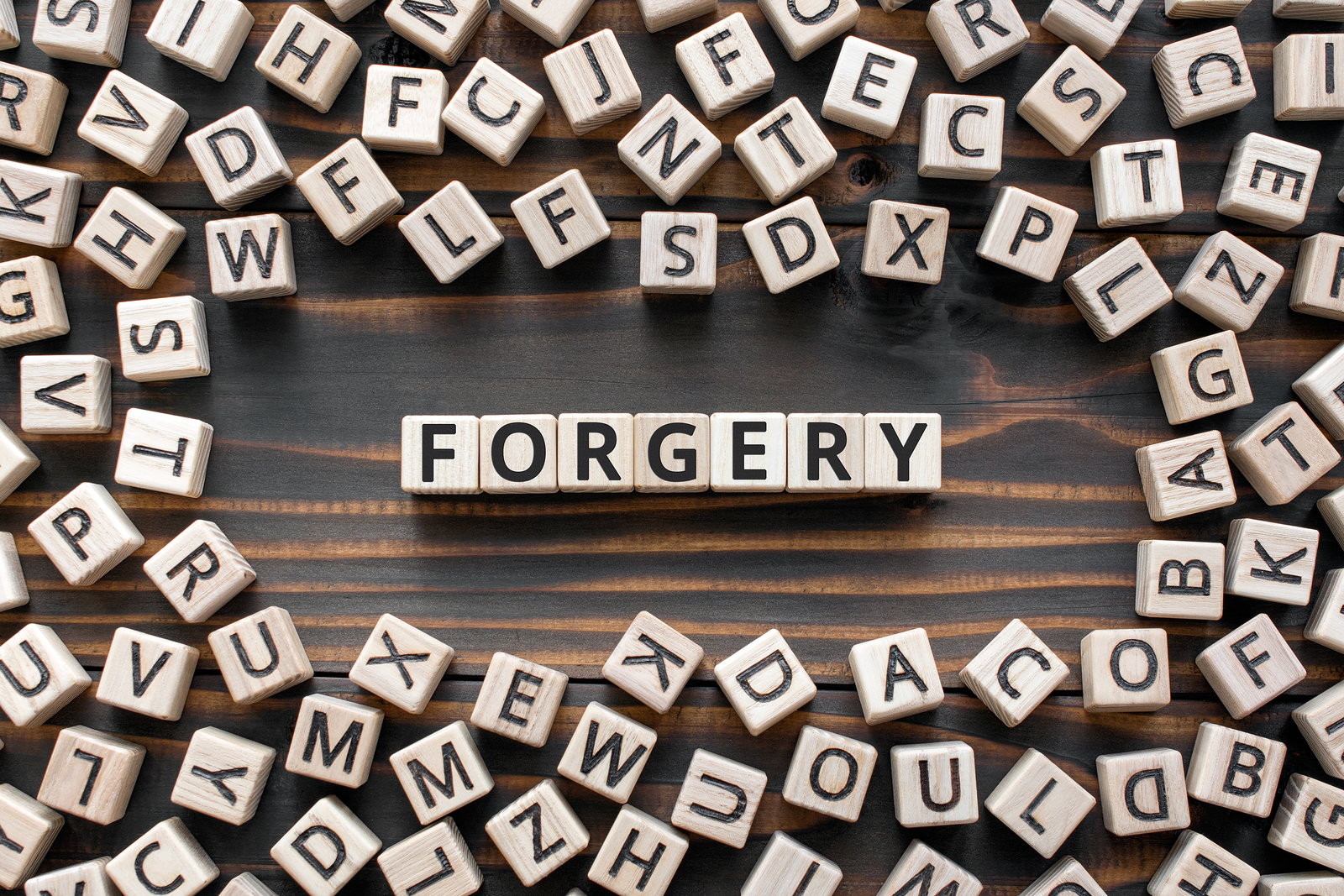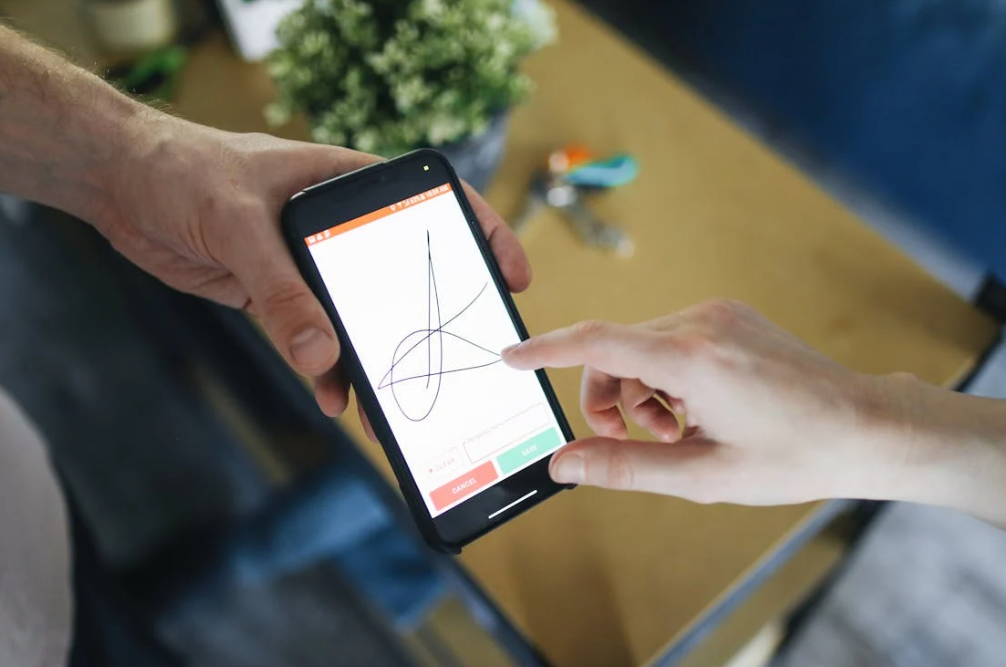
FORGERY CRIMES UNDER THE LAW OF UNITED ARAB EMIRATES
15 April 2024
Josleen Deeb
In the vibrant economic
landscape of the United Arab Emirates (UAE), forgery emerges as a shadowy
figure against the backdrop of innovation and prosperity. This multifaceted
crime, ranging from the falsification of documents to the intricate
counterfeiting of artworks, poses significant challenges to both individuals
and businesses. As the UAE continues to ascend as a global hub for finance,
art, and technology, the sophistication of forgery techniques has evolved,
prompting a need for heightened vigilance and advanced preventive measures.
Dubai: This article
embarks on an exploratory journey into the realm of forgery, uncovering the
latest trends in forgery tactics within the UAE, the pivotal role of
cutting-edge technology in detection, and robust strategies to fortify against
fraudulent endeavors. Join us as we delve into the intricacies of forgery,
highlighting the unique aspects of combating this age-old menace in the modern
context of the UAE's dynamic landscape.
What is forgery?
Forgery, is the act of
deliberately falsifying items like documents, signatures, or artwork for
deception, poses a serious legal threat with substantial penalties. This
article delves into the myriad forms of forgery, exploring common forgery
tactics, detection methods, and strategies to thwart fraudulent activities.
What Constitutes
Forgery?
At its core, forgery involves
producing or altering objects or documents with fraudulent intent. This
encompasses a wide range of deceptive practices, from counterfeit currency and
art to manipulated legal documents and beyond, all crafted with the goal of
personal gain at another's expense. The legal framework surrounding forgery
crimes is designed to protect the integrity of documents, transactions, and
financial systems in the country. One of the primary legislations dealing with
forgery crimes is Federal Law by Decree No. (31) of 2021 (as the “Law”)
concerning the Penal Code of the UAE.
Distinguishing
Features of Forgeries:
Article 251 of the Law defines the
forgery of documents, which entails altering their authenticity to cause harm
and using them as genuine instruments. The article outlines various means of
forgery, including modifying existing documents by adding, deleting, or
altering content such as writing, numbers, marks, or photographs. It also
includes the use of forged signatures, seals, or alterations of genuine ones,
as well as obtaining signatures, seals, or thumbprints through deception or
without consent. Additionally, the article covers fabricating or counterfeiting
documents and falsely attributing them to others, filling blank papers without
consent, impersonating, or substituting identities, and altering information in
documents meant for truth verification. These actions are considered serious
offenses under the law and carry legal consequences.
It can be concluded that there
are two (2) types of forgery namely, material forgery and moral forgery. A
material forgery occurs when a significant change is made to a document by the
forger, which can be perceived through the senses, such as sight. This includes
additions, deletions, or modifications to an existing original document, as
well as the creation of entirely new documents. Such alterations are
substantial and noticeable, potentially leading to legal consequences under the
law.
Whereas, a moral forgery occurs
when a forger manipulates the meaning, content, or circumstances of a document
without altering its material or form. This includes editing articles or
statements not made by the contractual parties, such as impersonating someone
else in a contract or making false statements about a person contrary to what
was said. An example is falsely claiming that someone received bribes or money
when they did not. Such manipulations distort the truth and can have serious
legal ramifications.
Exploring Forgery
Methods
Forgery tactics vary with the
item being falsified. Here are some prevalent forms:
·
Document Forgery
This form involves creating or
modifying documents to commit fraud. Targets range from personal ID and
financial documents to legal contracts, employing methods like counterfeiting,
alteration, and signature forgery.
·
Signature Forgery
Here, the forger replicates
someone’s signature to unauthorizedly access funds or falsify document
authenticity, often targeting checks and legal documents.
·
Counterfeiting
Creating replicas of valuable
items, especially money and luxury goods, to deceive consumers and businesses
is a widespread issue, challenged by sophisticated security measures and
advanced printing technology.
·
Art Forgery
Art forgers produce works
mimicking famous artists, deceiving collectors and experts alike. This requires
deep knowledge of the original artist’s techniques and materials.
·
Digital Media Forgery
With technological advancements,
falsifying digital content, including videos, photos, and documents, has become
more sophisticated. Techniques like deepfakes and photoshopping manipulate
reality for deceptive purposes.
Legal Repercussions of
Forgery
Articles 246 until 259 of the Law
state that the law imposes stringent penalties for counterfeiting or illicitly
employing official seals, signatures, stamps, or marks. Offenders face severe
consequences, including temporary imprisonment lasting no less than five years
for counterfeiters and those knowingly utilizing counterfeit items. Legal
entities engaged in such transgressions may be subject to incarceration.
Moreover, the unauthorized use of official seals or stamps, resulting in harm
to public or private interests, carries the penalty of temporary imprisonment.
Counterfeiting metal plates or marks issued by governmental bodies may result
in incarceration for up to one year or a fine. Similarly, manufacturing,
distributing, or vending printed materials resembling government marks or
stamps could lead to a penalty of temporary imprisonment for a period not
exceeding six months or a fine of up to 10,000 AED.
Furthermore, Forgery of official documents carries a penalty of imprisonment for a maximum of ten years, while forgery of non-official documents results in incarceration. If a forged copy of an official document is used or knowingly utilized, the penalty is imprisonment for up to five years; for unofficial document copies, the penalty is incarceration. An official document is one prepared or influenced by a public servant or entrusted person, while all others are non-official. Physicians or midwives who knowingly issue false certificates or statements face imprisonment for up to five years. Providing false statements during investigations related to death, inheritance, or bequest may lead to imprisonment for up to two years or a fine. Similarly, providing incorrect personal information in judicial or administrative investigations incurs imprisonment for up to two years or a fine. Those who knowingly use forged documents face penalties, as do those who unlawfully use genuine documents in another's name. These provisions do not apply to forgery cases specified in special penal laws.
In Conclusion
Forgery not only undermines trust
in financial and legal systems but also inflicts significant personal and
societal harm. Awareness, advanced detection methods, and stringent preventive
measures are essential in combating this pervasive issue. Recognizing the signs
of forgery and understanding how to protect against it are critical steps for
individuals and organizations alike in safeguarding their assets and integrity.
The UAE has been proactive in its
efforts to combat financial crimes, including forgery, through the
establishment of robust legal frameworks, stringent penalties for offenders,
and the implementation of advanced technological solutions for detection and
prevention. The country's approach typically involves a combination of law
enforcement activities, financial monitoring, digital security measures, and
public awareness campaigns.
ALKETBI TOUCH:
Our team of professionals is expert in
filing criminal complaints directly related to forgery and can accompany you
from the time the complaint is structure, till the expert is appointed and the
forensic test are made. If you or your company are victims of embezzlement,
theft, and breach of trust due to some forged documents or signatures or any
suspicion of using your identity in a misplaced manner, you have come to the
right place. We are ready to waive your concerns in the most effective legal
strategy. Let us know!
Latest News


05/01/2024
Arushi Dhawan


04/22/2024
Manasi Dicholkar

04/20/2024
Ajmal Khan Nadakkal





